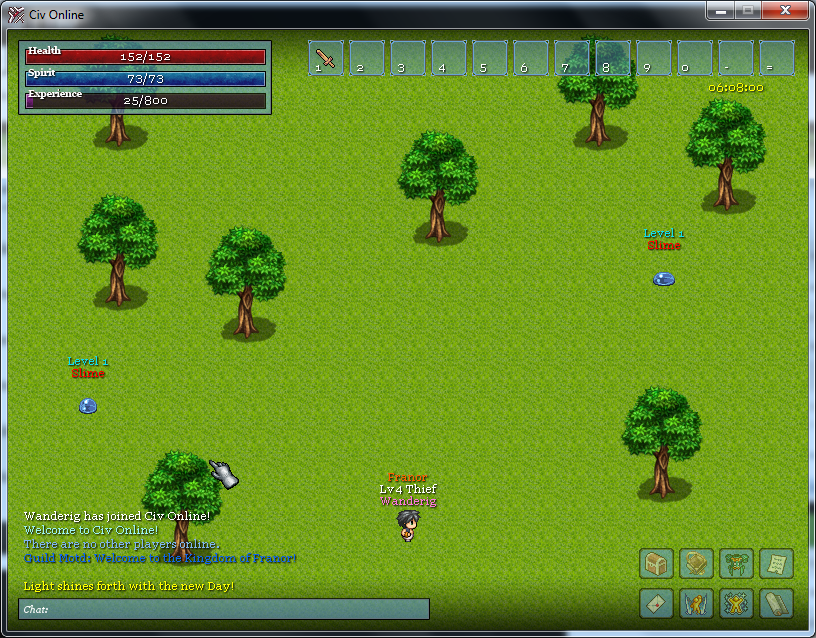

Religion: Players can establish their own religion and spread it throughout the world, gaining benefits and influence over other civilizations.It focused on religion and espionage, adding depth to the early and middle stages of the game. The first expansion pack (after several DLCs), named “Gods & Kings”, with 9 new civilizations as well as features like religion and espionage, was released on Jor Jin Northern America and the rest of the world (respectively). Social Policies: The new social policy system allowed players to customize their civilizations by adopting various policies, offering unique bonuses and shaping their playstyle.City-States: Non-playable city-states were introduced, providing opportunities for diplomacy, trade, and conquest.One-Unit-Per-Tile: Military units can no longer stack, requiring players to devise new tactics for positioning and warfare.Hexagonal Grid: The square grid system was replaced with a hexagonal grid, allowing for more strategic and realistic gameplay.

The base game introduced several innovations to the series, such as: Throughout its lifetime, the game has been enriched with several expansion packs and downloadable content (DLC) that introduced new civilizations, leaders, and gameplay features. Launched in Septemin North America, Civilization V captivated players with its revamped gameplay mechanics, hexagonal tile system, and one-unit-per-tile rule. Sid Meier’s Civilization V, developed by Firaxis Games and published by 2K Games, is the fifth installment in the popular turn-based strategy game series.


 0 kommentar(er)
0 kommentar(er)
